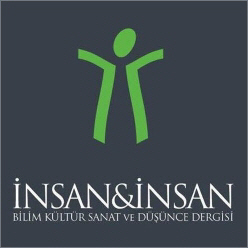Evrim Polat Yılmaz
Abstract: This article examines the trajectory of the “agrarian question” in Turkey using food regime theory and aims to explain how Turkish agriculture has been integrated into the world food system from the late Ottoman period to the present. It is a theoretical study based on documentary review of secondary sources and comparative-historical analysis. The findings show that across three food regime periods, colonial-diasporic, mercantile-industrial and corporate-neoliberal, Turkish agriculture has been commercialized and restructured in different ways through state policies and international institutions. These transformations have created new forms of dependency, inequality, and vulnerability by reshaping peasant livelihoods, production patterns and food security policies. As a manifestation of these structural changes, vulnerabilities such as exposure to food price volatility, import dependence and climate shocks are interpreted as evidences of the instability of the current corporate-neoliberal food regime. The article argues that neo-mercantilist food security, food sovereignty and agroecological initiatives can be interpreted as nascent elements of a possible fourth food regime.
Keywords: Food regimes, Agrarian change, Food security, Food sovereignty, Agroecology
Evrim Polat Yılmaz
DOI: 10.29224/insanveinsan.1793667
Issue 41, Winter 2026

Tam metin / Full text
(Turkish)

This work is licensed under a Creative Commons Attribution-NonCommercial 4.0 International License.
